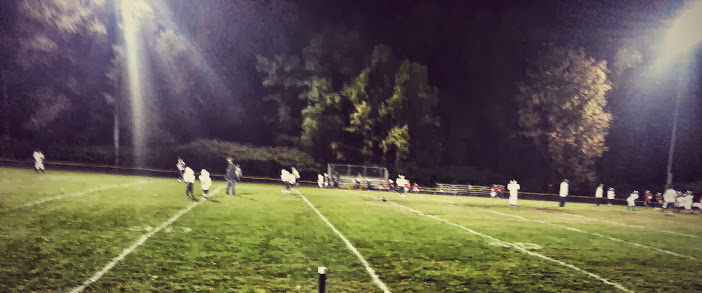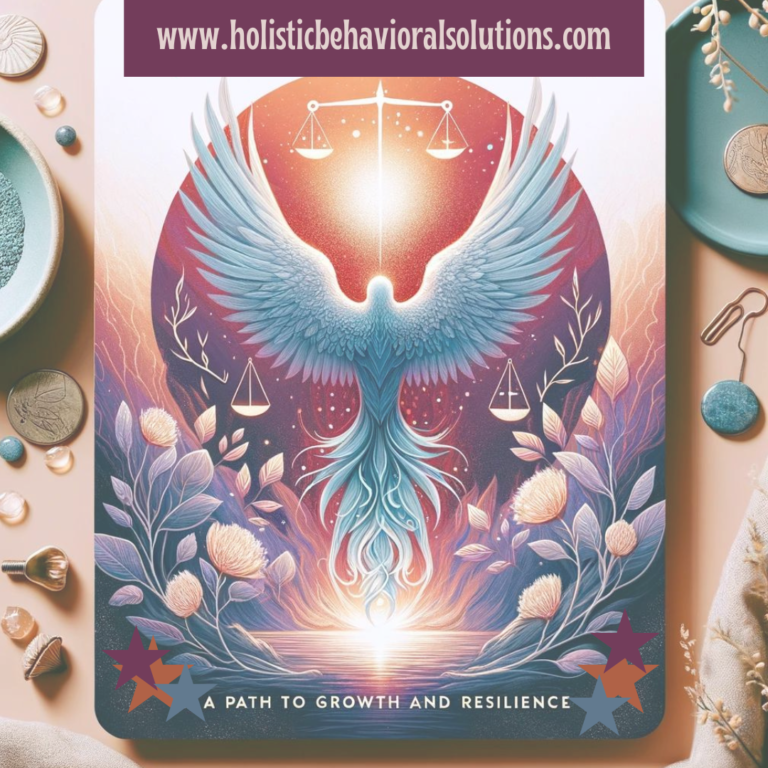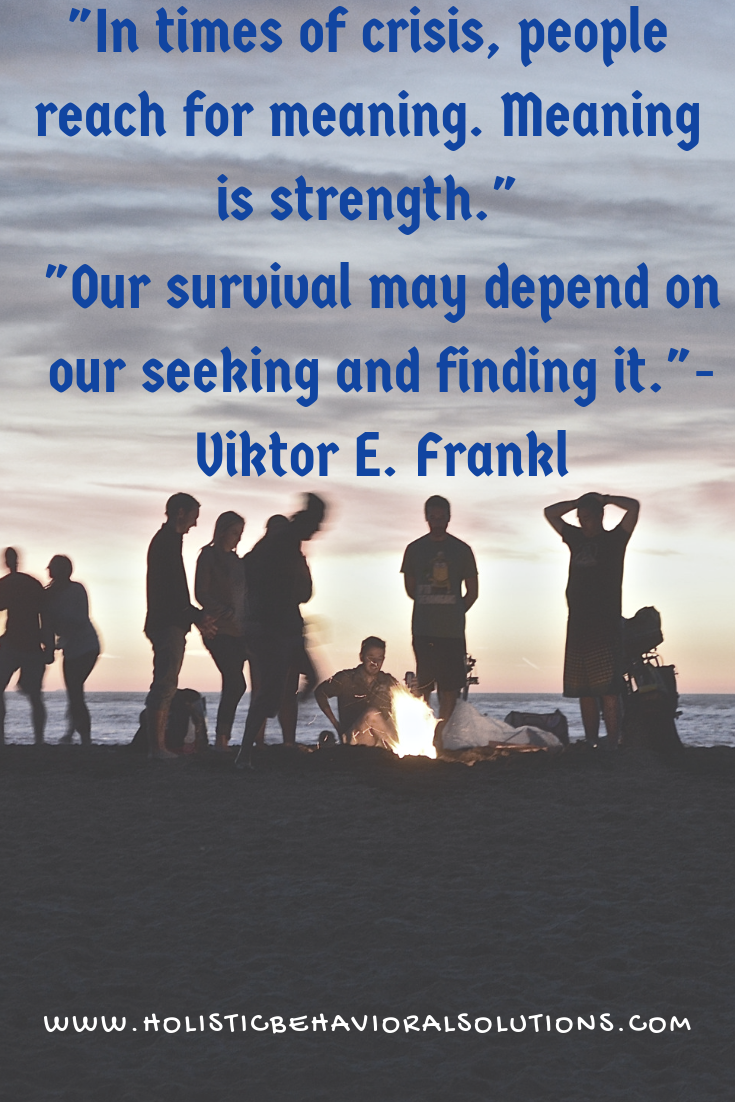Rites of Passage or Bullying: Understanding the Fine Line

What can we do about bullying as parents and elders in our communities and homes? Pay attention, ask questions, and go deeper. You are your child's first life of defense in keeping things balanced in our world. As parents, we need to pay attention to our children's body language and behavior. Are they sleeping more or less? Are they excited to go to practice and school? Do your children isolate? Are there new people in their lives? Do you know who their friends are and what they do today? Are you at practice and games to see what is going on and who they are associated with? Do you know trauma when you see it?


